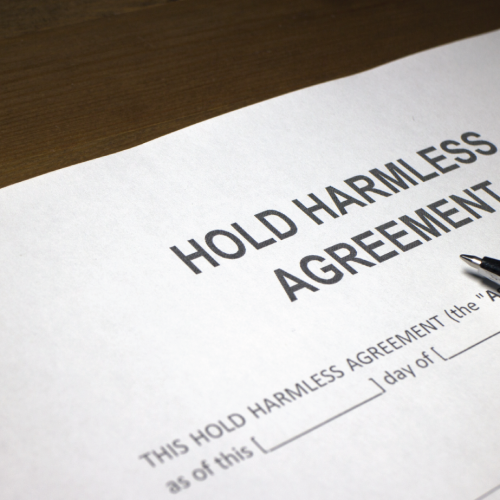Professional indemnity insurance, also known as PI insurance is one that covers you from any claims by a customer that the service, design, or advice you offered is not adequate.
Who is Professional indemnity insurance for?
Professional indemnity insurance is vital for all service-related industries. It doesn’t matter whether your business involves giving advice, offering professional services, or managing clients’ data. Whichever industry you are in, you have the responsibility to provide quality advice or service. If your team has been negligent or the advice it has imparted was incorrect, you will expose yourself to litigation by clients. When you sign a contract with a client or join a professional body, you will need to have professional indemnity insurance. You will also need to specify certain annual limits in your contract.

Common instances where PI insurance should be considered
- If you are offering a consultancy, contracting, advisory or professional service to clients.
- If you wish to seek protection against any mistakes or negligence pertaining to work you have undertaken for a client.
- If you are a freelancer, self-employed person, contractor, or a consultant and your client has requested you to organize PI insurance in order to commence the contract.
- If you are an authority, association or regulatory body that calls you to have one.
What is generally not covered by PI Insurance
While PI insurance covers a wide range of situations, there are a few situations that may not be covered in general.
Some of these situations are;
- Penalties and fines
- Mold, pollution, or asbestos-related losses to your firm.
- Employee injury or loss in a joint venture. (your insurance would only cover your products/services, not the products or services of a partner)
- Circumstances that existed before the start of your cover.
How much does litigation cost?
Many business owners underestimate the cost of legal action. If your company is involved in litigation, you will end up spending tens of thousands of dollars in recruiting a lawyer to defend you. And this is irrespective of whether you are responsible or not. Most SMEs have a lot of trouble funding these costs.
Professional indemnity insurance will cover these legal costs. It will also cover the indemnity that may be requested if your company has been considered negligent in its business operations.
Protecting your business reputation
If your client sues you for negligence, it is possible that the court may not find you responsible for the same. And, it is possible that you will try to settle the matter as quickly as possible. However, it is important to understand that this could be misunderstood as an admission of guilt or negligence. It might then have a long-term impact on your reputation.
Being able to protect yourself in such a case will allow you to clear your name of any wrongdoing and protect your company’s reputation.
What policy should I have in place?
Each contract is tailor-made according to the type of activity performed. Other factors might include the business area, company and management background, etc. Understanding the underwriting conditions and the coverage limits are essential. This is to ensure the coverage will be fully in force when an incident happens.
How to File a Professional Indemnity Insurance Claim
It can be difficult to know when and how to file a professional indemnity insurance claim. When a client or customer makes a complaint that cannot be easily resolved, your initial step generally should be to notify your insurer. A refund or adjustments to the service may be required in some situations. However, if the client is still unhappy, your cover may be able to intervene.
To file a claim, contact your broker or your insurer directly. If you require assistance, they will be the finest source of information and may be able to advise you on how to address the situation informally or on your future steps.
You should also double-check your coverage to ensure that you are covered.
You can then fill out a claim form, which gives your insurance provider all the information they need to start processing your claim. They might ask for proof or evidence such as emails between you and the client. This is to show what the problem is and why you are claiming on your PI insurance.
Once you’ve submitted the form, your insurance company will keep you informed every step of the way, providing you with updates and information on your claim.
Contact our team of professionals to guide and advise you about professional indemnity insurance in accordance with your clients’ requirements. You could also visit our website for more information.



Comments are closed.